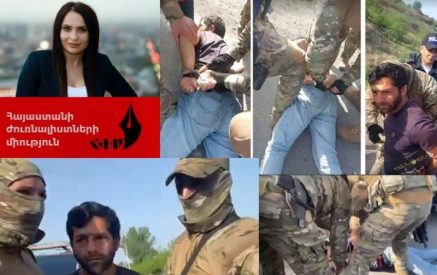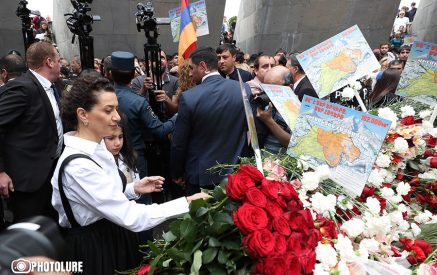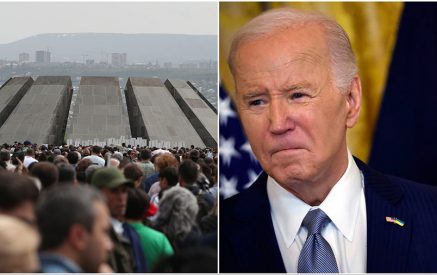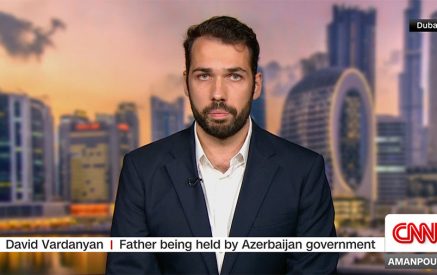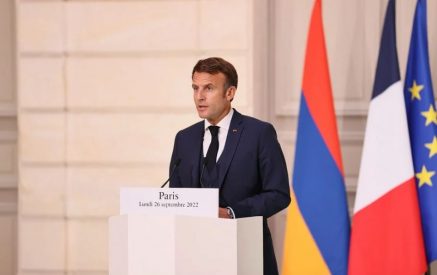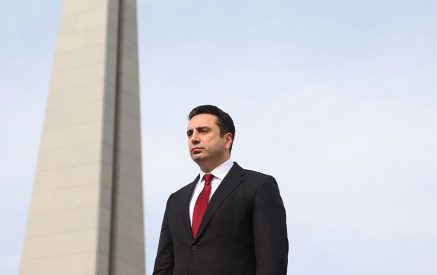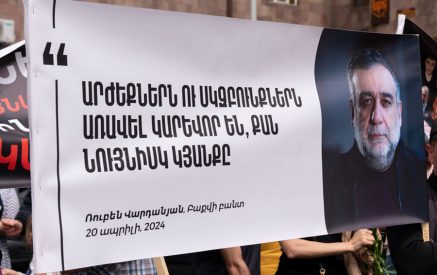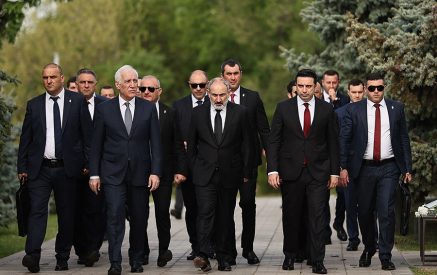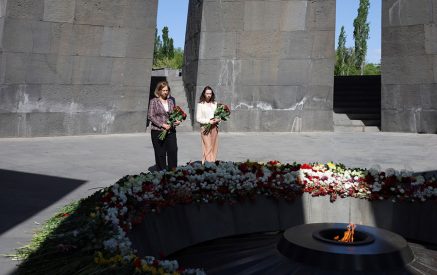
Time for a change? How far have we come and what are we willing to shift in order to re balance the balanced.... Pictured is the signing of the Treaty of Rome in 1957. |(c) Campbell
The European Union has a historic chance to resolve a bitter, frozen conflict in its neighbourhood.
We talk about our common foreign and security policy, but we are often too timid about using our influence in our neighbourhood, even when all 27 member states are in broad agreement.
Yet right on our doorstep we see a conflict which cries out for a constructive and imaginative initiative by our High Representative, Cathy Ashton.
The European Union will this week accept the Nobel Peace Prize in Oslo, a testimony of its peace credentials as an organisation that promotes peace both inside and outside its borders. The Nobel Prize Committee decided to recognise the “[…] stabilising part played by the EU [that] has helped to transform most of Europe from a continent of war to a continent of peace. The union and its forerunners have for over six decades contributed to the advancement of peace and reconciliation, democracy and human rights in Europe.” This is the most appropriate time to remind ourselves that a lot has been done but also that a lot is still left to do.
Read also
Coming from Estonia, I know only too well how difficult it can be to make the transition from being part of an authoritarian country to being an independent state that looks to Europe. We were lucky to get practical help from outside, not only from our closest neighbours, Finland and the Scandinavian countries.
Right now this is the case in the South Caucasus, whose closest neighbours are Russia to the north and Iran to the south. This is a region that has strong historical links to Europe and is set to play a crucial role in our own economic future, as it exports increasing amounts of energy.
Yet I feel that more could be done in order to solve the conflict between Armenia and Azerbaijan.
It is more than twenty years now since those countries fought a bloody war over the status of Nagorno-Karabakh, halted by a fragile ceasefire that left the underlying issues unresolved. Today Armenian troops occupy the area and surrounding regions, while 875,000 refugees and internally displaced persons live in Azerbaijan. Continuing border skirmishes have led to deaths on both sides.
My purpose is not to take sides, but rather to seek to galvanise the European Union to try much harder to resolve this conflict.
That is why when we debated that case in the European Parliament in September I suggested that the time had come to break with the past and to try a new approach.
I told my colleagues of my strong belief that we have a historic chance to resolve this frozen conflict and that we owe it to our neighbours and to ourselves now to act differently to try to secure a lasting peace in the south Caucasus.
I see a real risk that full scale fighting could break out again if we continue to do nothing – and nothing is essentially what we and the international community have been doing for the last twenty years.
In theory, the responsibility for securing a peaceful settlement rests with the Minsk Group, an organisation established by the Organisation for Security and Co-operation in Europe. The Group has three co-chairs – Russia, the United States and France. It has met regularly for twenty years and got precisely nowhere.
We need something dramatic to break the log jam – and my proposal is that the European Union should now replace France as one of the three co-chairs in order to bring a new influence and dynamism to the process. I really hope that both Paris and Brussels will consider this idea seriously and take it for what it is, not a criticism of any one country, but rather a genuine attempt to kick start a fresh attempt to bring a lasting peace to our neighbourhood by using the new tools that our common foreign and security policy has given us.
I don’t doubt for a moment that the issues dividing the parties are so difficult as sometimes to look almost insoluble. But that was how it looked in Northern Ireland too and there too it took resolve, courage and sustained support from outside to get to where we are today. I think that we now face a similar opportunity and duty in the South Caucasus.
Does anyone have a better idea?

